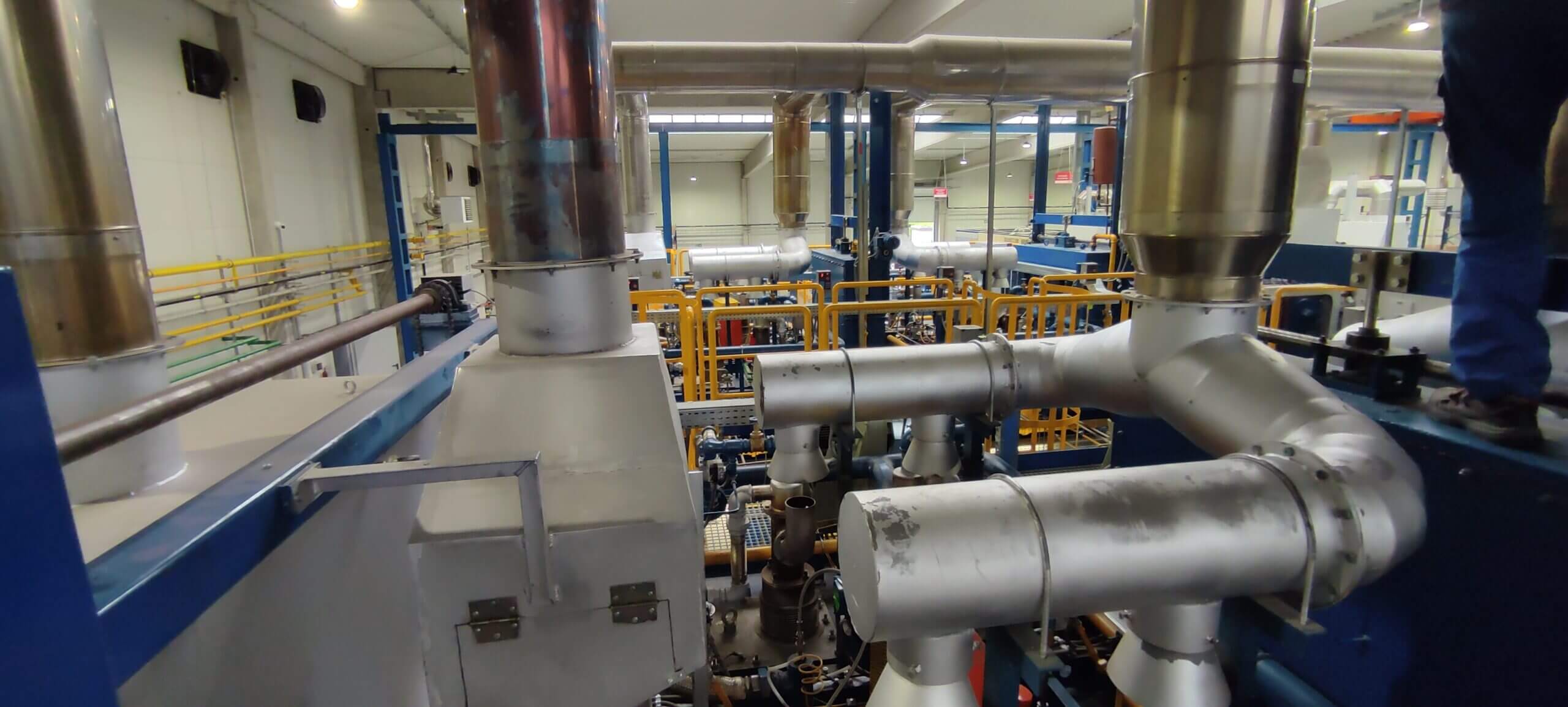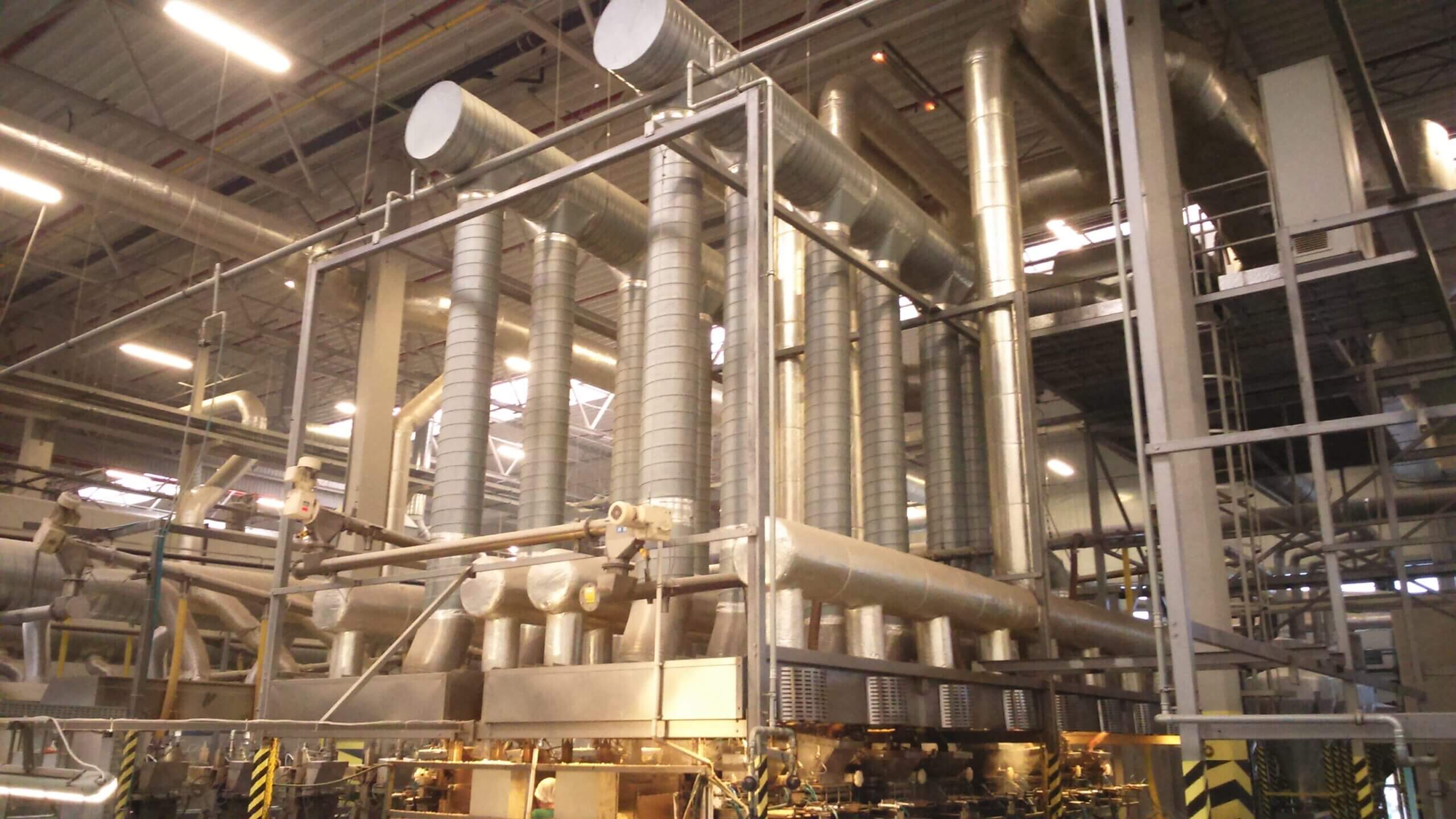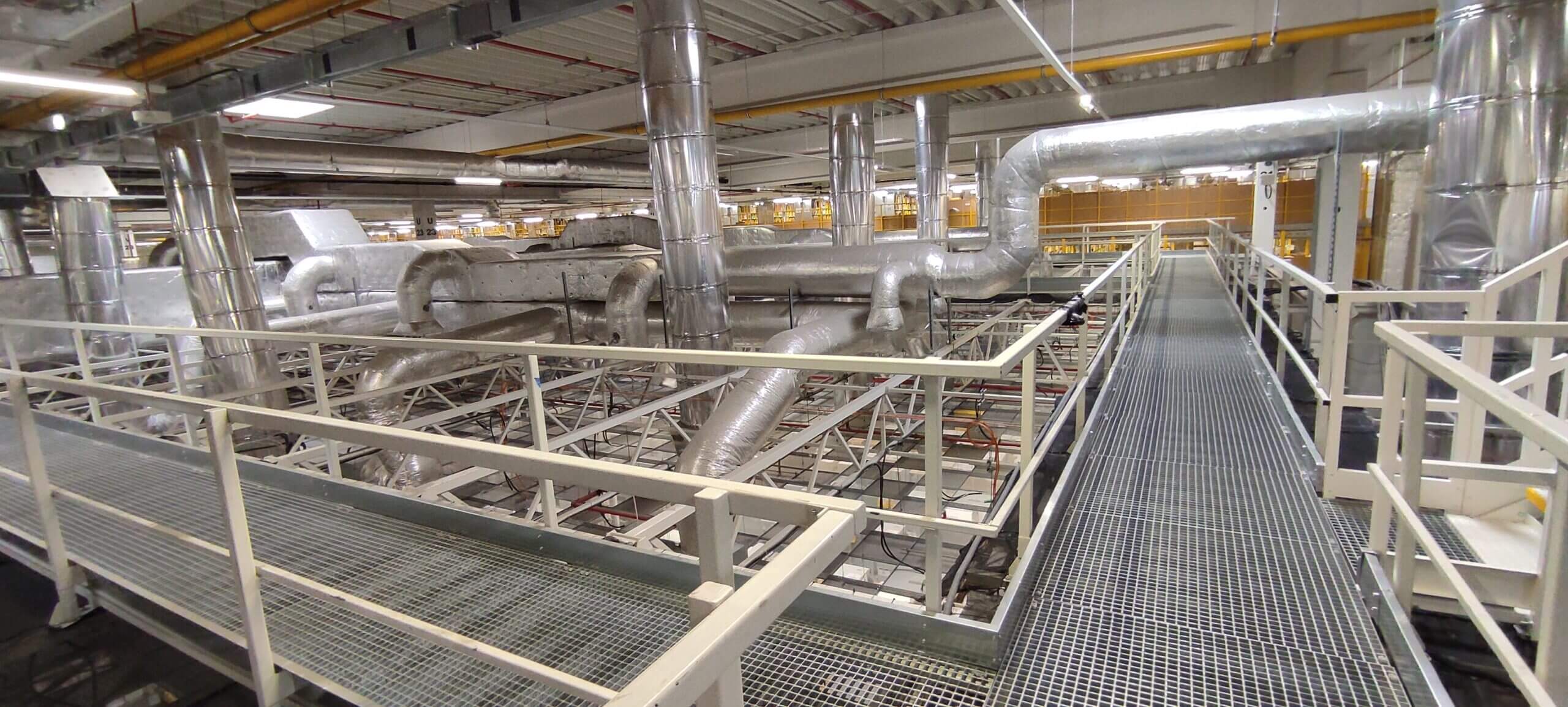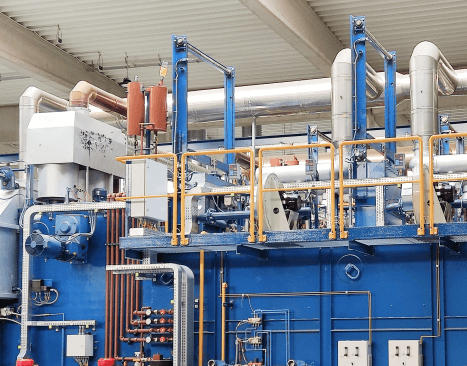Energy Source Analysis
Identify the Best Energy Options. Optimize Your Costs. Drive Sustainability.
What Is Energy Source Analysis?
Energy Source Analysis is the process of evaluating and selecting the most efficient, cost-effective, and sustainable energy sources for your facility. By thoroughly analyzing your current energy consumption and available energy options, we help businesses make informed decisions about switching to alternative energy solutions, reducing energy costs, and improving environmental performance.
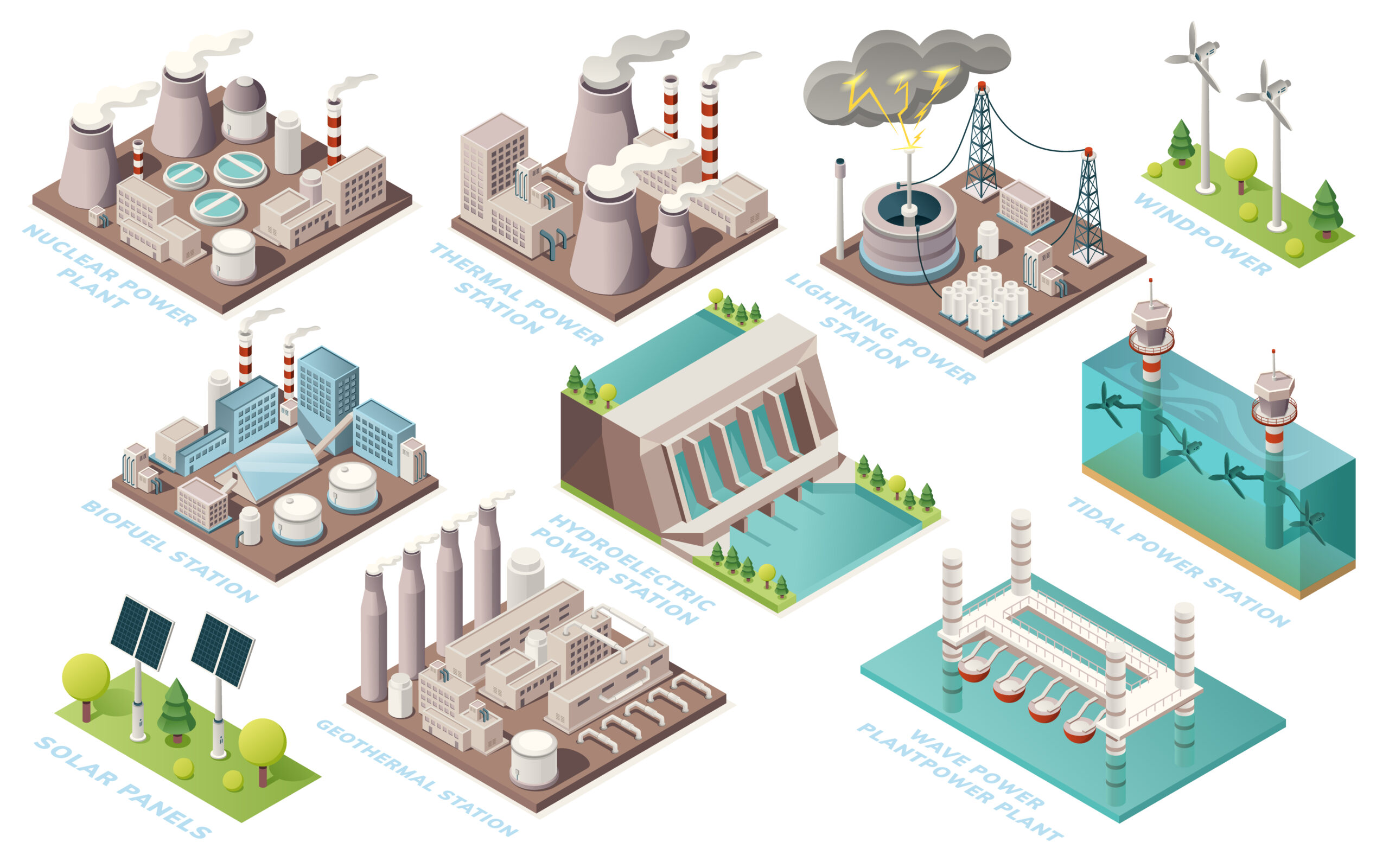
Why is Energy Source Analysis Important?
• Cost Optimization: Evaluate multiple energy sources to find the most cost-effective solutions.
• Sustainability: Identify renewable and clean energy options that reduce your carbon footprint.
• Efficiency: Optimize energy sourcing and consumption to reduce waste and improve overall performance.
• Future-Proofing: Prepare for future energy price fluctuations and regulatory changes by diversifying energy sources.
• Energy Security: Minimize reliance on a single energy provider or source, reducing risk and improving supply reliability.
What We Do
Our Energy Source Analysis services involve a comprehensive evaluation of your facility’s energy needs, current energy sources, and potential alternative energy solutions. The process includes:
1. Current Energy Consumption Review
• Analyze your facility’s historical energy usage, utility contracts, and costs to understand current energy consumption patterns.
• Identify inefficiencies in your current energy setup, such as excess energy consumption or unreliable energy sources.
2. Energy Market Analysis
• Review the local and regional energy markets to identify the most reliable and affordable energy sources available.
• Compare electricity rates, natural gas pricing, and other energy tariffs from multiple suppliers and regions.
3. Renewable Energy Feasibility
• Evaluate the potential for integrating renewable energy solutions such as solar, wind, geothermal, or biomass into your energy mix.
• Conduct feasibility studies for renewable installations, including solar panel systems, wind turbines, and energy storage solutions.
4. Alternative Energy Options
• Analyze emerging energy sources like green hydrogen, bioenergy, or hydroelectric power as potential alternatives.
• Assess the cost-effectiveness and environmental benefits of each energy source.
5. Energy Efficiency Recommendations
• Identify opportunities to improve energy efficiency within your current system, reducing the amount of energy needed from external sources.
• Recommend changes to your facility’s systems, equipment, and processes to reduce energy consumption and improve performance.
6. Economic and Environmental Analysis
• Provide a cost-benefit analysis of each energy source, including initial investment, operating costs, savings potential, and long-term viability.
• Assess the environmental impact of each energy source, including CO2 reduction and sustainability benefits.
7. Comprehensive Report & Strategy
• Present findings in a detailed report, including recommendations for optimizing your energy mix, proposed energy sources, and a timeline for implementation.
• Provide a strategic plan for transitioning to more sustainable or cost-effective energy options.
Benefits of Energy Source Analysis
• Informed Energy Decisions: Make better decisions based on a comprehensive understanding of available energy options.
• Lower Energy Costs: Identify the most cost-effective energy sources, reducing your overall energy expenses.
• Sustainability Goals: Transition to renewable and clean energy sources that align with corporate sustainability initiatives.
• Regulatory Compliance: Stay ahead of energy regulations and policies by proactively adjusting your energy sourcing strategies.
• Energy Diversification: Reduce dependency on a single energy source by exploring multiple energy options, ensuring long-term energy security.
Ideal Applications for Energy Source Analysis
• Large Commercial & Industrial Facilities: Optimize energy sourcing for complex operations and high energy demands.
• Renewable Energy Projects: Organizations looking to transition to clean energy or enhance sustainability efforts.
• Energy-Intensive Industries: Manufacturing plants, data centers, and processing facilities seeking to reduce costs and improve efficiency.
• Municipalities & Government Agencies: Public sector institutions striving to reduce energy costs and improve environmental performance.
How We Help You Optimize Your Energy Sources
• Comprehensive Data Analysis: Assess current energy consumption to uncover inefficiencies and potential savings.
• Diverse Energy Options: Compare a wide range of energy sources, from traditional fossil fuels to renewable and emerging energy solutions.
• Tailored Recommendations: Provide energy solutions tailored to your specific needs, industry, and sustainability goals.
• Clear Financial Projections: Offer detailed cost and benefit projections to ensure informed decision-making.
Real-World Solutions
• Switching to Solar: Transition your energy consumption to renewable solar power, reducing reliance on the grid and lowering electricity costs.
• Geothermal Heating & Cooling: Utilize the earth’s natural heat for more efficient heating and cooling in your facility.
• Natural Gas & Cogeneration: Explore the use of natural gas as a reliable and cost-effective energy source, or implement combined heat and power (CHP) systems.
• Energy Storage Solutions: Add energy storage systems to your infrastructure, allowing you to store excess energy and use it when demand is high.
Ready to Optimize Your Energy Sources?
Understanding and optimizing your energy sourcing strategy is crucial to reducing costs, enhancing sustainability, and future-proofing your business. Let our experts guide you to the most efficient and cost-effective energy solutions for your facility.



